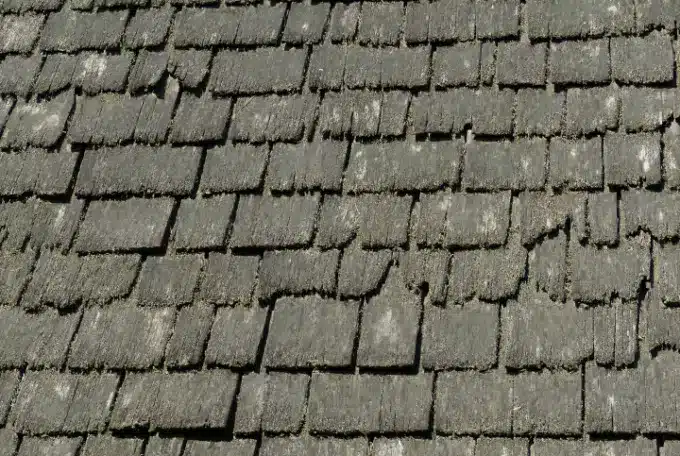Tips to Avoid Insurance Claim Denials and What to Do If It Happens
As a homeowner, you rely on your insurance policy to protect your investment and provide financial security for damage or loss. But what happens when your insurance claim is denied? It can be a frustrating and overwhelming experience, especially when you’re already dealing with the aftermath of a disaster. In this blog post, we will provide valuable tips to help you avoid insurance claim denials and guide you on what to do if it happens. Don’t let a denied claim leave you in the lurch – empower yourself with the knowledge you need to protect your rights and navigate the claims process successfully.
Reasons why an insurance claim may be denied
Insurance claim denials can be frustrating and disheartening, but understanding their reasons can help homeowners navigate the claims process more effectively. There are several common reasons why an insurance claim may be denied.
- Firstly, inadequate documentation or proof of loss can lead to a denial. Providing thorough and detailed documentation, including photographs, receipts, and relevant information to support your claim, is crucial.
- Secondly, if the cause of the damage is not covered under your policy, the claim may be denied. Reviewing your policy carefully and understanding the covered perils and exclusions is essential.
- Incorrectly filing a claim, like providing the wrong date of loss or peril, can lead to a claim being denied.
- Additionally, failing to meet policy requirements, such as reporting the claim within a specific timeframe, can result in denial.
- Lastly, fraudulent or exaggerated claims will likely be denied. It is crucial to be honest and transparent throughout the claims process. If your claim is denied, don’t panic. You have options, including appealing the denial or seeking assistance from a Public Adjuster with Fraser Property and Adjusting who can appeal the claim for you and get the denial reversed or file a new claim if necessary.
Types of denied claims
When it comes to insurance claim denials, there are several common types that homeowners should be aware of. One type is a denial based on policy exclusions. This occurs when the insurance company determines that the damage or loss falls under a specific exclusion listed in the policy. Another type is a denial based on lack of coverage. This happens when the insurance company determines that the policy does not cover the specific type of damage or loss. Additionally, claims can be denied due to late reporting or failure to mitigate the damages. It is essential for homeowners to thoroughly review their insurance policies and understand the coverage and exclusions. If a claim is denied, homeowners should gather all relevant documentation and consult with a public adjuster, like Fraser Property & Adjusting, who can help navigate the claims process and advocate for a fair resolution.
What to do if your insurance claim is denied
If your insurance claim is denied, it is important not to panic and take immediate action. Start by carefully reviewing the denial letter and policy documentation to understand the reason for the denial. It may be helpful to consult with a public adjuster specializing in insurance claim disputes. They can guide the following steps and help you navigate the claims process. Consider gathering any additional evidence or documentation supporting your claim and address any deficiencies mentioned in the denial letter. Contacting your insurance company directly to discuss the denial and provide any necessary information or clarification may also be beneficial. If all else fails, you can file a complaint with your state insurance department or seek legal assistance. Remember to keep detailed records of all communication and documentation related to your claim.
The difference between denied and rejected claims
Understanding the difference between denied and rejected insurance claims is crucial for homeowners who want to navigate the claims process effectively. A denied claim means that the insurance company has reviewed the claim and determined that it is not covered under the policy. A detailed explanation of the reasons for denial usually accompanies this decision. On the other hand, a rejected claim means that the insurance company has found errors or discrepancies in the claim submission, such as missing documentation or incomplete information. Rejected claims can typically be resubmitted with the necessary corrections. It is essential for homeowners to carefully review the insurance company’s response to understand the specific reasons for denial or rejection and to seek professional assistance, like public adjusters, if needed, to help navigate the appeals process.
Tips to avoid insurance claim denials
When filing an insurance claim for property damage, homeowners want to ensure their claims are not denied. There are a few essential tips to keep in mind to avoid claim denials. First, thoroughly reviewing and understanding your insurance policy, including any exclusions and limitations, is crucial. Proper documentation of your property and its contents, such as photographs and receipts, can strengthen your claim. It is important to promptly report any damages to your insurance company and provide accurate and detailed information about the incident. Additionally, it is advisable to consult with a reputable public adjuster, like Fraser Property & Adjusting, who can guide you through the claims process and help maximize your chances of a successful claim. By following these tips, homeowners can minimize the risk of claim denials and ensure a smoother insurance claims experience.






